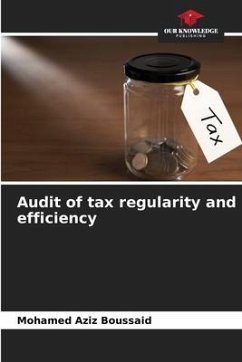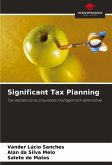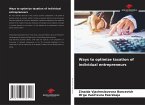Corporate taxation is one of the most difficult areas to manage. Admittedly, it is almost permanent, to the point of being considered invasive whatever the action taken by the company. It has undergone several fundamental reforms aimed at simplifying it, reducing tax rates and eliminating double taxation. Companies are, in fact, subject to an enormous risk of irregularity, so they need to control their tax environments as well as their own taxation, hence the need for control through tax audits. Getting to grips with tax is a key factor in business performance. The benefits are reason enough to encourage the practice. Companies therefore have an interest in adopting the practice of controlling tax risks to guard against adverse consequences in achieving their business objectives. Controlling tax risks enables companies to comply with regulations and ensure better internal communications between business units, monitoring and management of tax risks and understanding of their tax strategy.
Bitte wählen Sie Ihr Anliegen aus.
Rechnungen
Retourenschein anfordern
Bestellstatus
Storno








